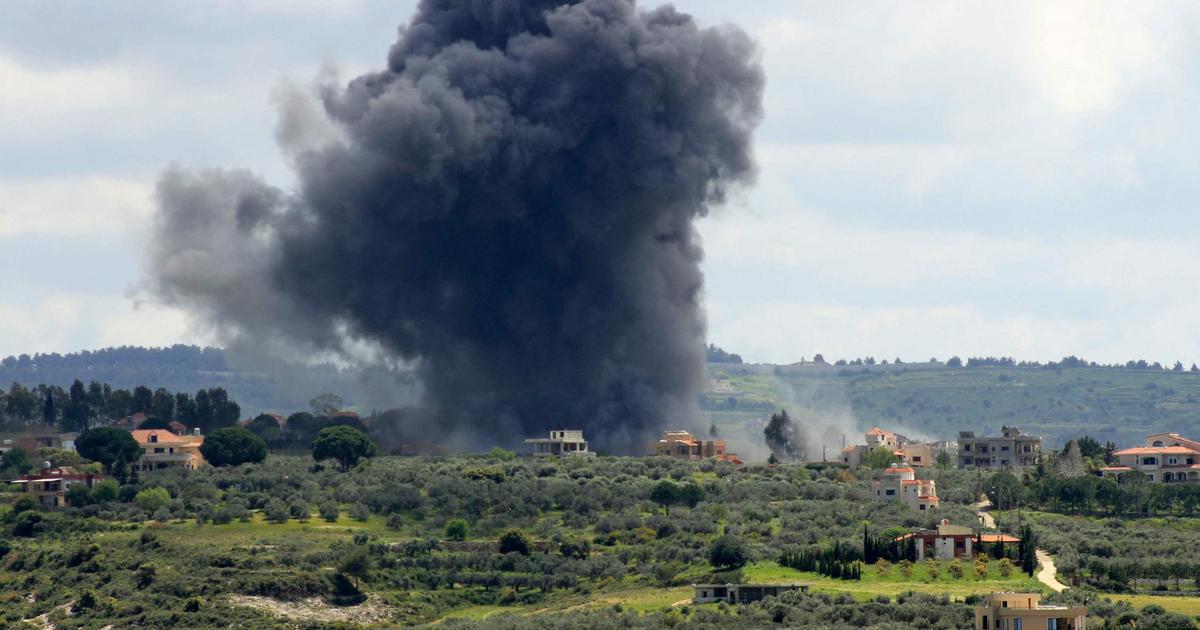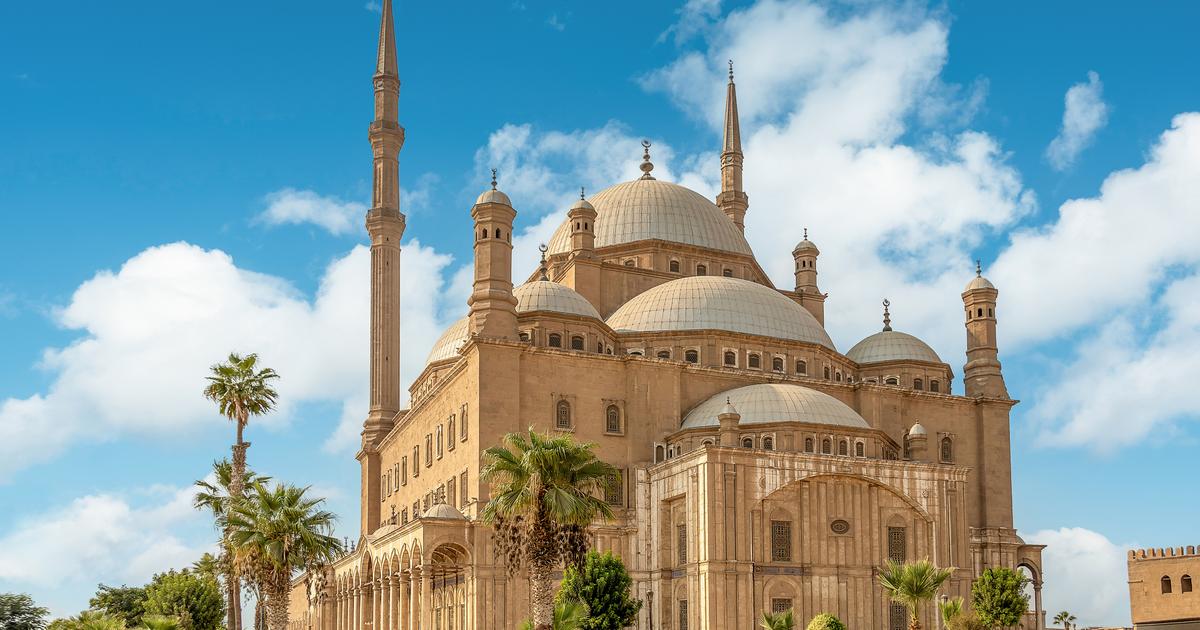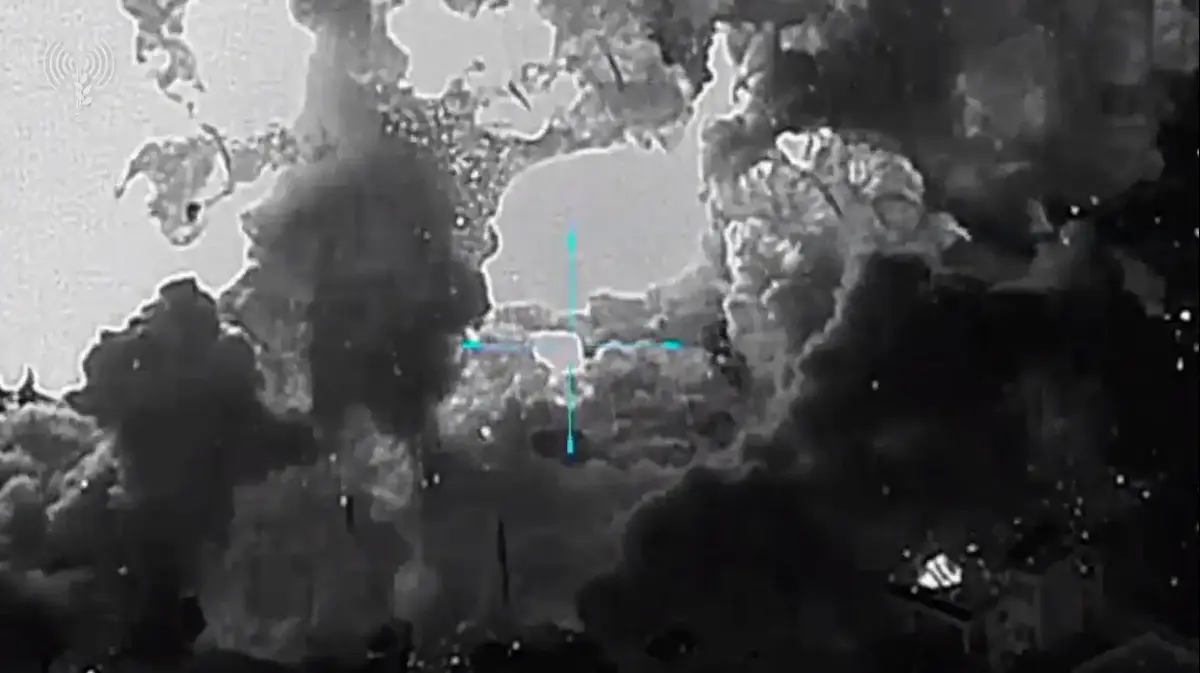Damascus-Sana
“Popular stamps in Andalusian poetry” is the title of the new book by the researcher, Dr. Muhammad Radwan Al-Daya, in which he monitors what is unique to poetry in Andalusia from other countries and its specificity in carrying the idea of expressing people and the conditions of the country and engaging in the difficult issues of the nation.
A professor of literature and criticism at Damascus University explains that the phrase “popular stamps” means that poetry is detailed from the hearts and minds of its people, speaks with their tongue, and depicts their lives, hopes and pain, whether in the ages of joy or despondency.
The author of the book stops at the new poetic forms that Andalusians invented, including the muwashah, where he first appeared in a village called Qabra located near Cordoba and received the attention of the rulers, governors and elders as well as the general public, and then the Andalusian Zajal appeared after him.
The day devotes extensive chapters to talk about the purpose of mourning in Andalusian poetry, which dealt with new, previously untouched topics of the lament of youth, life, wife, cities and kingdoms, such as Abdullah al-Mururi who lamented the city of al-Jazirah al-Akhdarah after the attack by the Normans, Ibn al-Assal, who lamented Toledo, and Abi al-Rundi who lamented the cities of Andalusia After its fall in the hands of the Castilians.
The day deals with other poetic objects that took on different characteristics among the Andalusians, including praise, asceticism, reproach, spinning and lineage, as the latter was characterized by the emergence of poets who participated in the literary movement from the birth of Hafsa al-Rukuniyyah, Muhjat al-Qurtubiyya, and others.
Andalusian poetry preceded its eastern counterpart by inventing unprecedented poetic purposes from the compositions of the Prophet's biography, where Ibn Abi al-Khusal wrote a poem mentioning the lineage of the Messenger, may blessings and peace be upon him, his miracles and virtues, and Andalusians wrote poetic messages to the Holy Land.
Al-Dayeh draws attention to the appearance of sarcastic humor in the poems of many Andalusian poets, such as Yahya Al-Ghazal, Ibn Abd Rabbo, and Ibn Al-Tarawa, whose audacity reached every amount and did not leave a subject or phenomenon that they did not address with a sharp criticism.
Al-Dayeh notes the interest of Andalusian poets in describing nature and living in its shadows, which indicates the popularity of this topic and its roots in them, such as Suleiman bin Ayyub, the journalist, Ibn Zaidoun and Ibn Khafaga, who popularized the description of nature in his office, so he was called Jinan, meaning the gardener.
It is noteworthy that the book is one of the publications of the Syrian General Authority for the book and it is located in 191 pages of large pieces. As for the author, Dr. Muhammad Radwan Al-Daya, he was born in Douma 1938, holds a Bachelor’s degree in Arts from Damascus University in 1960 and has master’s and doctoral degrees from Cairo University and has more than 70 books in Authorship and investigation, a recipient of the Kuwait Foundation for the Advancement of Sciences award, and a correspondent member of the Arabic Language Academy.
Samer Al-Shoghry











/cloudfront-eu-central-1.images.arcpublishing.com/prisa/KMEYMJKESBAZBE4MRBAM4TGHIQ.jpg)



